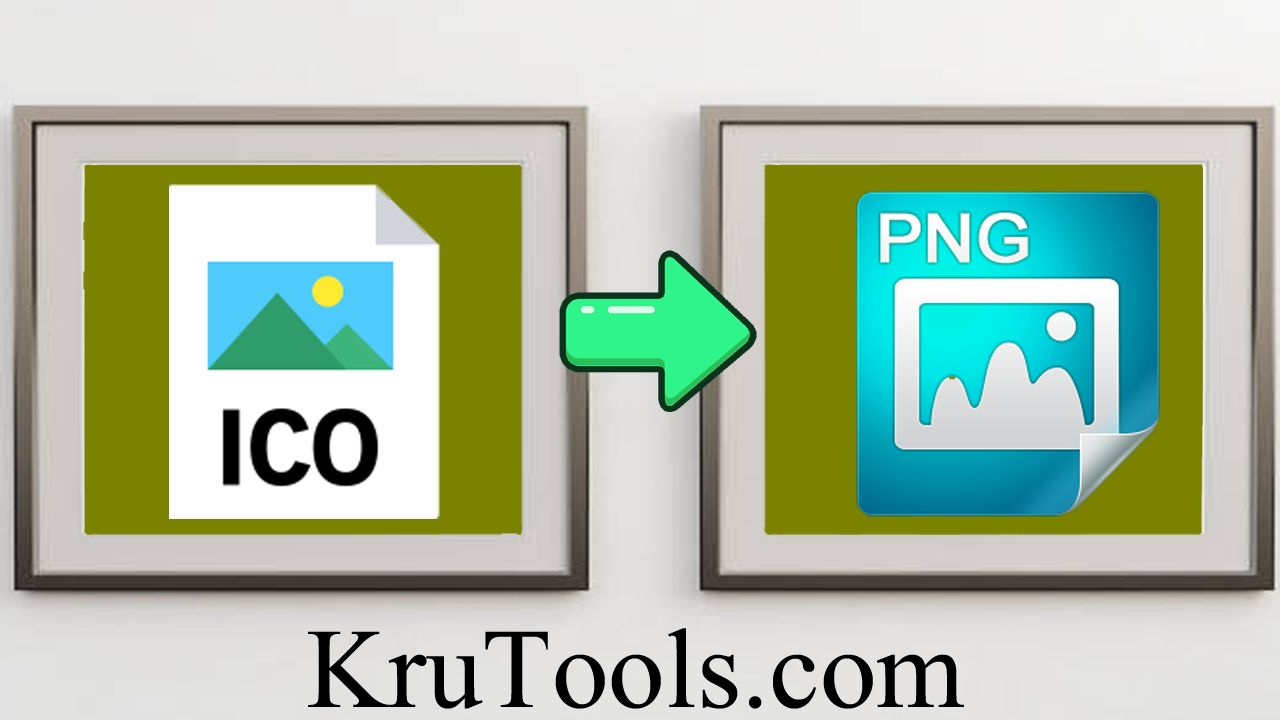
Understanding the Digital Environment: Why, in 2024, SEO Will Be Every Blogger's Secret Weapon

In the vast expanse of the digital world, where millions of blog posts are published daily, standing out can feel like an insurmountable challenge. But fear not, fellow bloggers! There’s a powerful tool at your disposal that can help you rise above the noise and reach your target audience: Search Engine Optimization, or SEO. In this comprehensive guide, we’ll explore why SEO is not just important, but absolutely crucial for bloggers looking to make their mark online.

The Blogging Landscape in 2024
Before we dive into the nitty-gritty of SEO, let’s take a moment to consider the current state of blogging. According to recent statistics from WordPress.com, over 70 million new posts are published each month on their platform alone. That’s a staggering amount of content competing for readers’ attention!
With so much competition, how can you ensure that your voice is heard? The answer lies in mastering the art and science of SEO.
What Exactly is SEO?
Search Engine Optimization is the practice of optimizing your website and its content to rank higher in search engine results pages (SERPs). When done correctly, SEO can help your blog posts appear at the top of search results when people look for information related to your content.
But SEO isn’t just about pleasing search engines. It’s about creating a better experience for your readers by providing valuable, relevant content that answers their questions and solves their problems.
The SEO Advantage: A Comparison
To truly understand the impact of SEO on a blog’s success, let’s compare two hypothetical bloggers: Alice, who implements SEO strategies, and Bob, who doesn’t.
| Aspect | Alice (With SEO) | Bob (Without SEO) |
|---|---|---|
| Monthly Organic Traffic | 50,000 visitors | 5,000 visitors |
| Search Engine Ranking | Top 3 results for target keywords | Page 2 or lower |
| Content Quality | In-depth, well-researched articles | Good content, but less optimized |
| User Experience | Optimized site structure and navigation | Basic website layout |
| Page Load Speed | Under 3 seconds | Over 5 seconds |
| Mobile Optimization | Fully responsive design | Desktop-focused design |
| Backlink Profile | High-quality, relevant backlinks | Few backlinks, mostly low-quality |
| Social Media Engagement | High shares and interactions | Limited social media presence |
| Conversion Rate | 5% (2,500 conversions) | 2% (100 conversions) |
| Long-term Growth | Steady increase in traffic and authority | Stagnant or slow growth |
As you can see, Alice’s SEO-focused approach gives her a significant advantage in multiple areas, leading to higher traffic, better engagement, and more conversions.
The Many Benefits of SEO for Bloggers
Now that we’ve seen the stark contrast between an SEO-optimized blog and one that isn’t, let’s explore the specific benefits that SEO can bring to your blogging efforts:
-
Increased Organic Traffic: By optimizing your content for relevant keywords, you’ll attract more visitors who are actively searching for information related to your niche.
-
Higher Quality Traffic: SEO doesn’t just bring more traffic; it brings the right traffic. People who find your blog through search engines are often looking for specific information, making them more likely to engage with your content and potentially become loyal readers.
-
Improved User Experience: Many SEO best practices, such as improving site speed and creating a clear site structure, also enhance the overall user experience of your blog.
-
Cost-Effective Marketing: Unlike paid advertising, which stops delivering results as soon as you stop paying, SEO can provide long-term benefits with a relatively small investment.
-
Build Credibility and Authority: As your blog consistently ranks well for relevant searches, you’ll build credibility in your niche, establishing yourself as a go-to resource for your audience.
-
Stay Competitive: In today’s digital landscape, SEO isn’t just an option – it’s a necessity. By implementing SEO strategies, you’ll stay competitive in your niche and avoid falling behind.
-
Measurable Results: With tools like Google Analytics and Google Search Console, you can track the performance of your SEO efforts and make data-driven decisions to improve your strategy.
SEO Best Practices for Bloggers
Now that we understand the importance of SEO, let’s look at some key strategies you can implement to optimize your blog:
1. Keyword Research and Optimization
Start by identifying the keywords and phrases your target audience is using to search for content in your niche. Tools like Ahrefs or SEMrush can help you find relevant keywords with good search volume and manageable competition.
Once you’ve identified your target keywords, incorporate them naturally into your content, including:
- Article titles
- Headings and subheadings
- Meta descriptions
- Throughout the body content
- Image alt text
Remember, the key is to use keywords naturally. Avoid keyword stuffing, as this can hurt your rankings and turn off readers.
2. Create High-Quality, In-Depth Content
Search engines love comprehensive, well-researched content that provides value to readers. Aim to create in-depth articles that cover topics thoroughly. While longer content (1500+ words) often performs well in search results, focus on quality over quantity.
To create high-quality content:
- Research your topic thoroughly
- Include data and statistics from reputable sources
- Provide unique insights and perspectives
- Use clear, engaging writing that’s easy to read
- Break up text with subheadings, bullet points, and images
3. Optimize Your Site Structure and Technical SEO
A well-organized site structure helps both search engines and users navigate your content easily. Consider implementing:
- A clear, logical hierarchy of categories and tags
- Internal linking to related content
- A sitemap to help search engines index your pages
Additionally, pay attention to technical SEO factors such as:
- Page load speed (use tools like GTmetrix to analyze and improve your site speed)
- Mobile responsiveness
- Secure HTTPS connection
- Proper use of header tags (H1, H2, H3, etc.)
4. Build High-Quality Backlinks
Backlinks from reputable, relevant websites signal to search engines that your content is valuable and trustworthy. While you can’t control who links to your site, you can increase your chances of earning quality backlinks by:
- Creating share-worthy content
- Guest posting on reputable blogs in your niche
- Participating in industry forums and discussions
- Reaching out to other bloggers for collaboration opportunities
5. Optimize for Featured Snippets
Featured snippets are the boxed answers that appear at the top of search results for many queries. To increase your chances of earning a featured snippet:
- Structure your content to directly answer common questions in your niche
- Use clear, concise language
- Implement structured data markup (schema.org) to help search engines understand your content
6. Leverage Social Media
While social media signals aren’t a direct ranking factor, a strong social media presence can indirectly benefit your SEO by:
- Increasing brand awareness and visibility
- Driving traffic to your blog
- Encouraging social sharing, which can lead to more backlinks
Share your content on platforms like Twitter, Facebook, and LinkedIn to extend your reach and engage with your audience.
The Human Touch: Balancing SEO and Authenticity
While SEO is crucial for blogging success, it’s equally important to maintain your unique voice and authenticity. Here are some tips to strike the right balance:
-
Write for your audience first: Always prioritize creating valuable, engaging content for your readers. SEO should enhance, not overshadow, your message.
-
Tell your story: Share personal anecdotes and experiences to connect with your readers on a deeper level. This unique perspective is something no algorithm can replicate.
-
Engage with your community: Respond to comments, participate in discussions, and build relationships with your readers. This engagement not only builds loyalty but can also lead to valuable user-generated content.
-
Be transparent: If you’re using affiliate links or sponsored content, be upfront about it. Honesty builds trust with both your readers and search engines.
-
Stay true to your niche: Don’t chase keywords at the expense of your blog’s focus. Stick to topics that genuinely interest you and align with your expertise.
FAQs About SEO for Bloggers
To wrap up this comprehensive guide, let’s address some frequently asked questions about SEO for bloggers:
-
How long does it take to see results from SEO?
SEO is a long-term strategy. While you may see some improvements within a few months, significant results typically take 6-12 months or more. Be patient and consistent in your efforts. -
Do I need to be a technical expert to implement SEO?
While some technical knowledge is helpful, many aspects of SEO can be implemented with basic skills. There are also numerous user-friendly tools and plugins (like Yoast SEO for WordPress) that can help simplify the process. -
How often should I update my blog for SEO purposes?
Regularly updating your blog with fresh, relevant content is beneficial for SEO. Aim to publish new posts at least 1-2 times per week, and periodically update older posts with new information. -
Can I do SEO myself, or should I hire an expert?
Many bloggers successfully handle their own SEO, especially when starting out. As your blog grows, you might consider hiring an expert to refine your strategy or handle more complex technical aspects. -
Will AI-generated content hurt my SEO?
While AI can be a useful tool for content creation, it’s important to use it judiciously. Search engines prioritize high-quality, original content that provides value to readers. Always review and edit AI-generated content to ensure it meets these standards and reflects your unique voice.
Conclusion: Embracing SEO as a Blogger
In the ever-evolving world of digital content, SEO remains a critical tool for bloggers looking to grow their audience and make an impact. By implementing the strategies we’ve discussed and staying up-to-date with the latest SEO trends, you can significantly increase your blog’s visibility, engage more readers, and ultimately achieve your blogging goals.
Remember, effective SEO is about finding the sweet spot between pleasing search engines and delighting your human readers. Stay true to your voice, create valuable content, and use SEO as a tool to amplify your message to the world.
Are you ready to take your blog to new heights with SEO? Start implementing these strategies today, and watch your digital presence soar!






